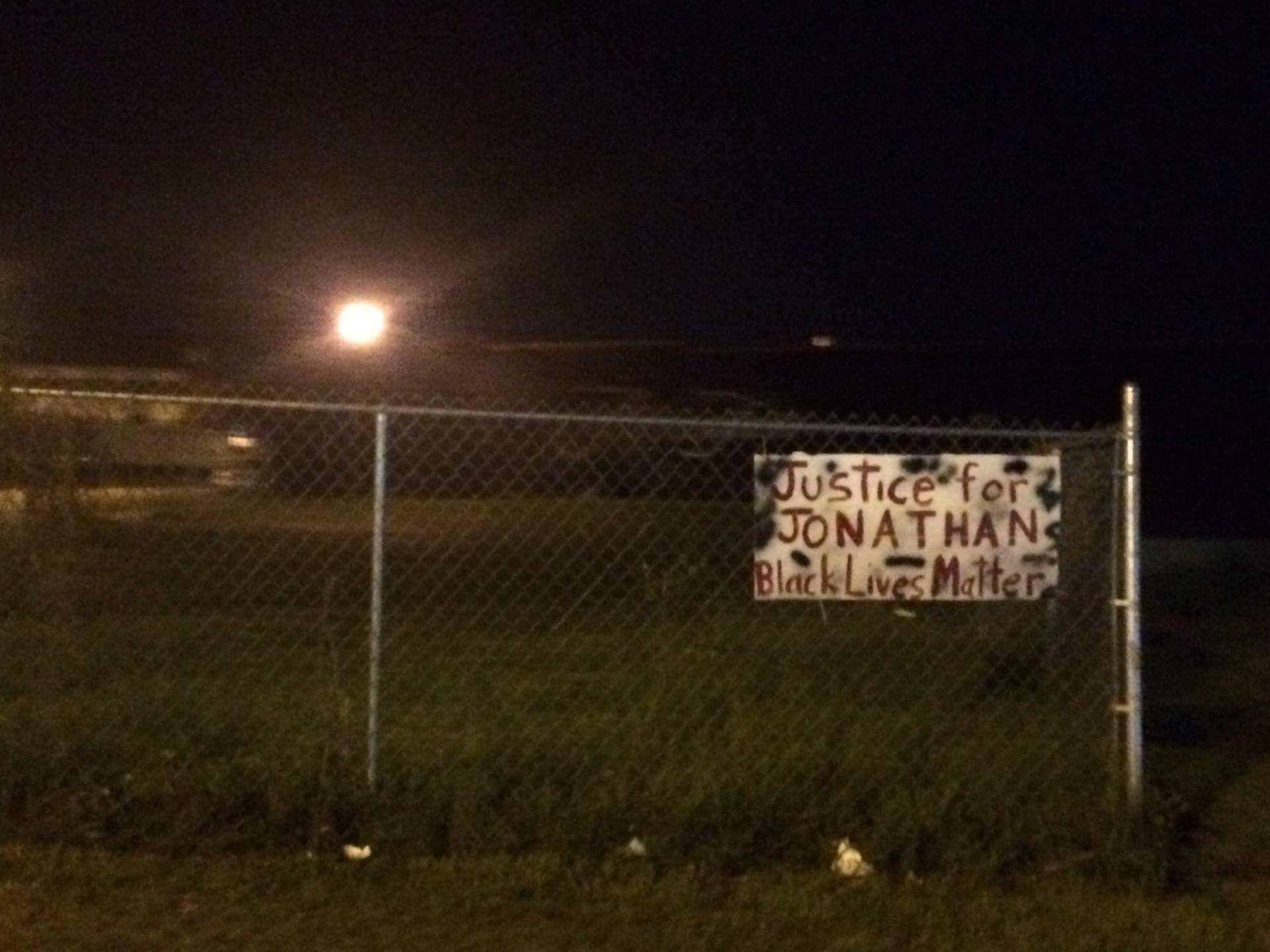![]()
Officers escape 96 percent of civil rights charges, new report says
The vast majority of U.S. police officers involved in civil rights cases escape federal charges, according to a recent report.
Between 1995 and 2015, the federal courts did not bring charges against police officers in 96 percent of cases involving a civil rights infraction, according to a study by the Pittsburgh Tribune-Review published last month. The study revealed that U.S. prosecutors turned down 12,703 out of 13,233 total referrals.
This dismissal rate was 73 percent higher than the dismissal rates of other types of cases. The same study cited that about 23 percent of referrals in all other types of criminal cases were turned down when presented to a prosecutor.
Tana Kunze, communication major who has shadowed her local police force, said that the very nature of a police officer’s job is to handle the citizens’ civil rights in precarious situations. She stated that for this reason, police officers receive an unnecessary amount of charges.
“More often than not, charges are brought upon officers wrongfully,” Kunze said. “It’s easy to make statistics seem out of balance because of the amount of charges that are put on officers that shouldn’t be because of the nature of their job.”
This statement echoes the sentiment of Jim Pasco, executive director of the Fraternal Order of Police, who was interviewed by the Pittsburgh Tribune-Review following the newspaper’s findings. Others, however, disagree.
Grace Nast, senior photography major, stated that the study’s findings are indicative of corruption within the country’s police force.
“It’s basically just a huge cycle of corruption,” Nast said. “The law is trying to cover up the law on many different levels.”
Nast said that the fact that so many cases are waived is why many choose to overlook civil rights infractions by police officers.
“It’s frustrating, because we’re supposed to trust the people in power,” she said. “That’s why a lot of people are overlooking it, especially with civil rights. A lot of it isn’t exposed.”
Becky Watts, senior English major, agreed with Nast’s position. Watts mentioned that these statistics point directly back to the ongoing state of racial injustice in the United States.
“Considering recent events with police brutality and other cases involving minorities and their relationship with the police, it’s not surprising to see that these cases are not being taken seriously,” Watts said.
In the officers’ defense, Kunze mentioned that many civil rights cases do not deserve charges because of the ambiguous nature of the altercations between the officer and the civilian. One example specifically mentioned was that of unarmed shootings, which Kunze said are often fully justified because of the aggressive nature of the civilian and of the situation.
“Unarmed doesn’t mean wrong,” Kunze said in regards to the officer involved. “There are several instances where officers use lethal force where, by definition, an unarmed person would be someone who is without a weapon at the time of lethal force or what a weapon is identified by a court.”
Nast argued that the courts often hurt the process through hidden bias.
“They try to hide a lot of things,” Nast said of the U.S. court system. “With a lot of cases, long after the trial, it’s revealed that the jury was probably biased.”
Watts also stated that the numbers should be taken more seriously than they actually are. She stated that the significant amount of charges that are not pressed is indicative of larger problems within the country’s justice system.
“When the turn-down rate for any other type of offense is 23 percent and the other is 96 percent, then we have a problem,” Watts said. “That’s a very large jump in statistics.”
Prosecutors most often failed to bring civil rights charges against officers due to lack of criminal intent, orders from the Justice Department and weak or insufficient evidence, according to the Tribune-Review.





